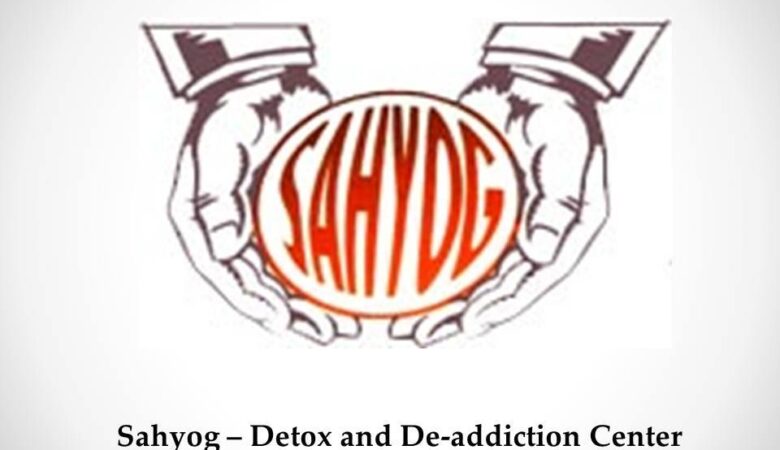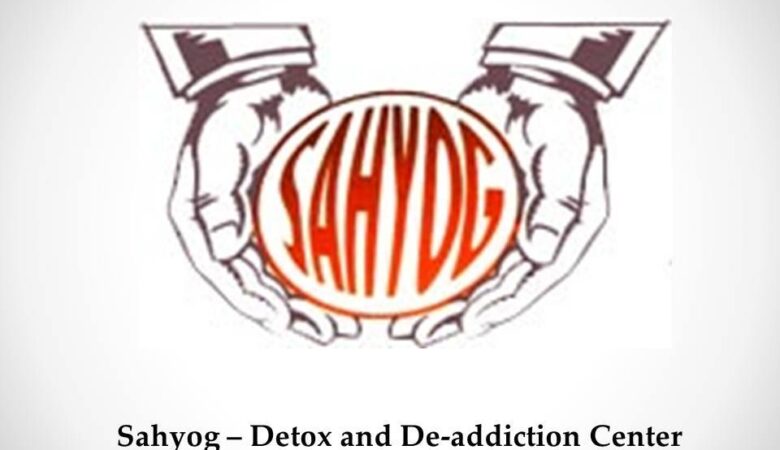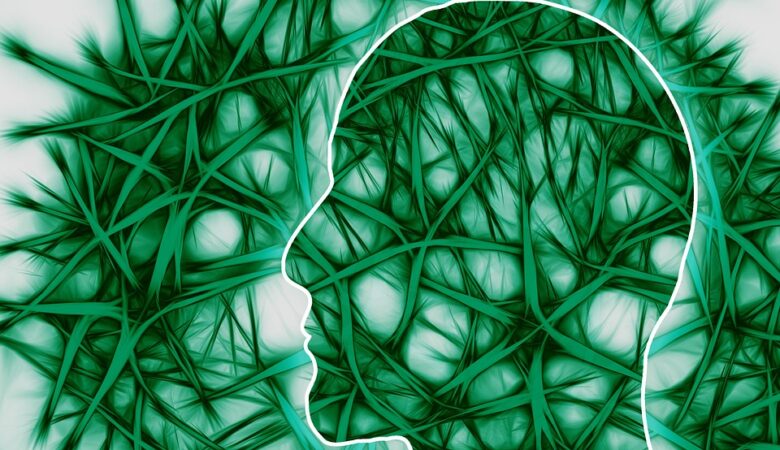ADDICTION
Addiction is not only about using drugs and alcohol, because addiction can be of anything. The definition of addiction which I like is impulsive, compulsive behavior leading to spiritual decay. There is no mention of substance abuse at all. By spiritual we mean relationships. A person has three relationships:- firstly with himself or herself, secondly with others and that includes people at home, friends, relatives and society at large and thirdly and most importantly with the God of your understanding. Any thing which causes my relationships to weaken can be called addiction. Be it a seemingly harmless activity like going for a morning walk. If a person is used to going for a morning walk daily how do we determine if it is a healthy habit or an addiction? If it is addiction there will be some unmanageability. If for example somebody at home has a fall and needs to be taken to a hospital and the person says that let me finish my morning walk first and then I will take you to the hospital then you can deduce that it is addiction and if the person misses his morning walk then we can assume that it is a healthy habit. We cannot limit addiction to substance abuse.





